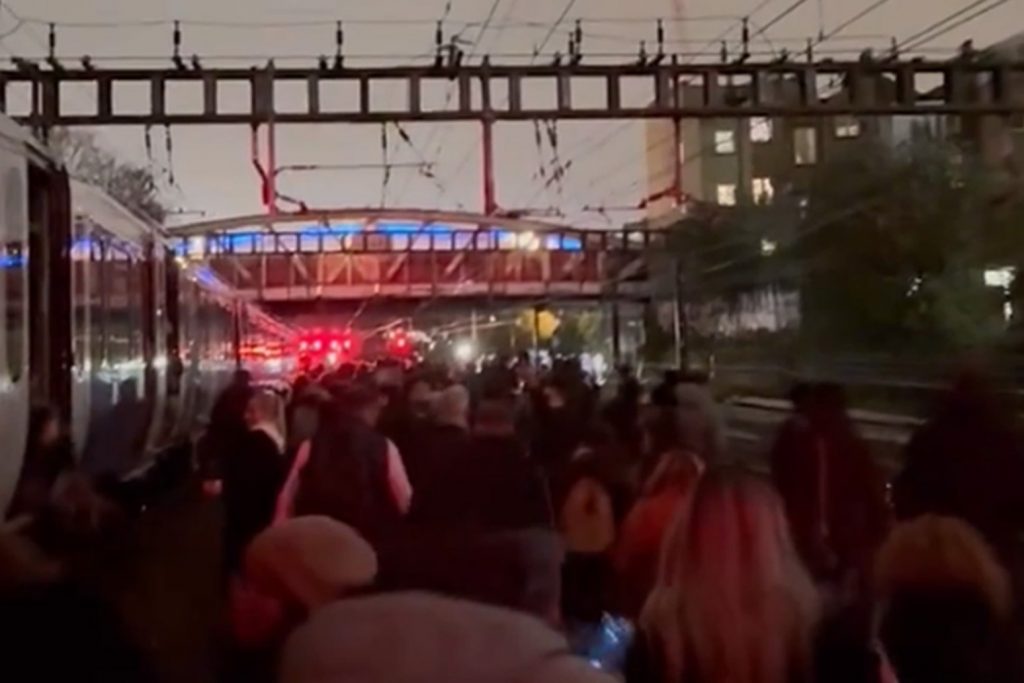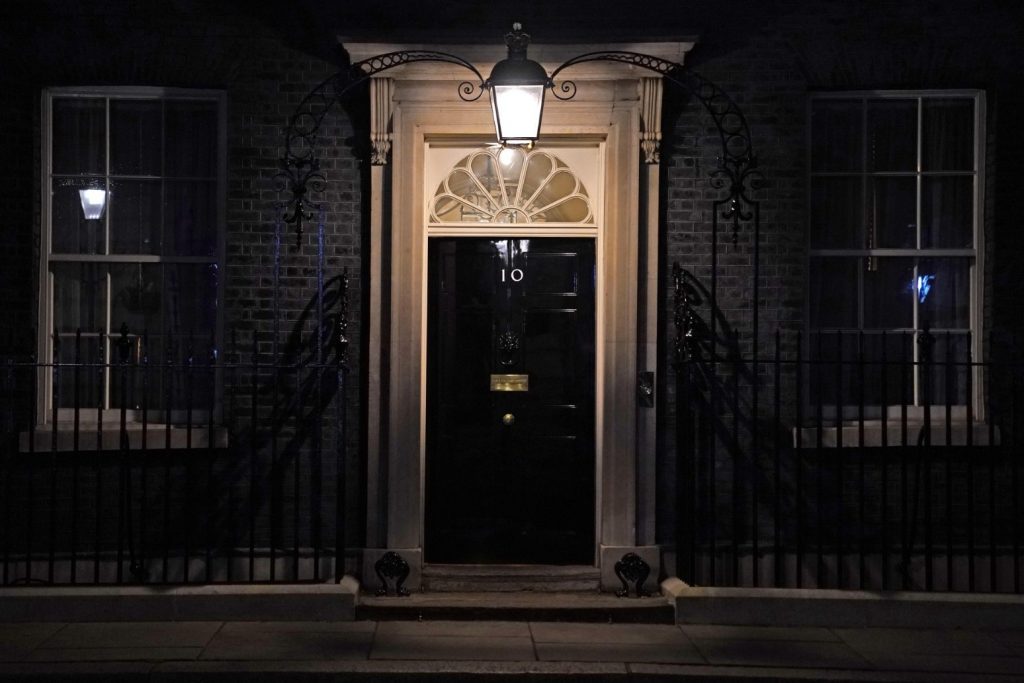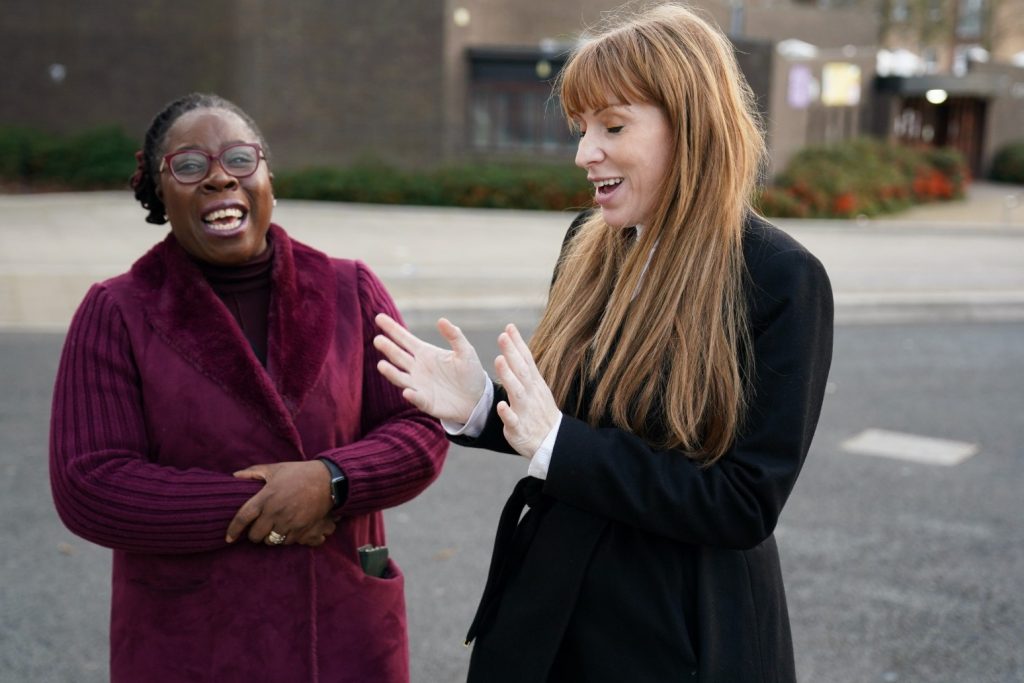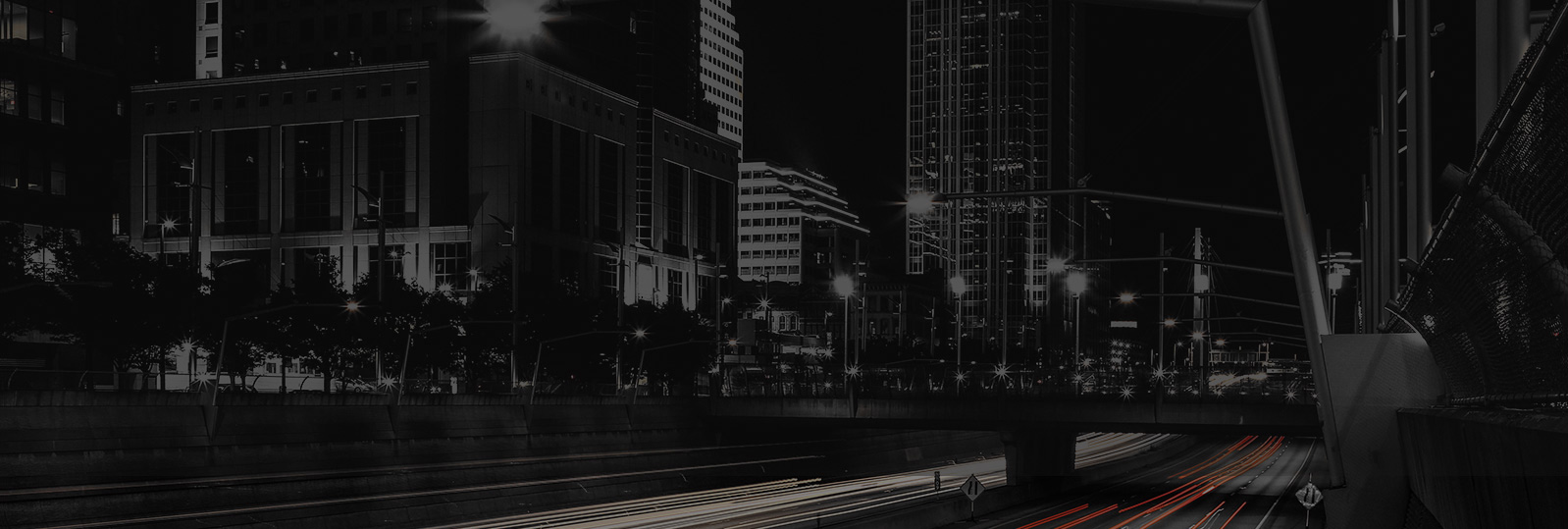Edward Colston statue should be displayed in museum says commission
Written by First Choice Radio on 3 February 2022
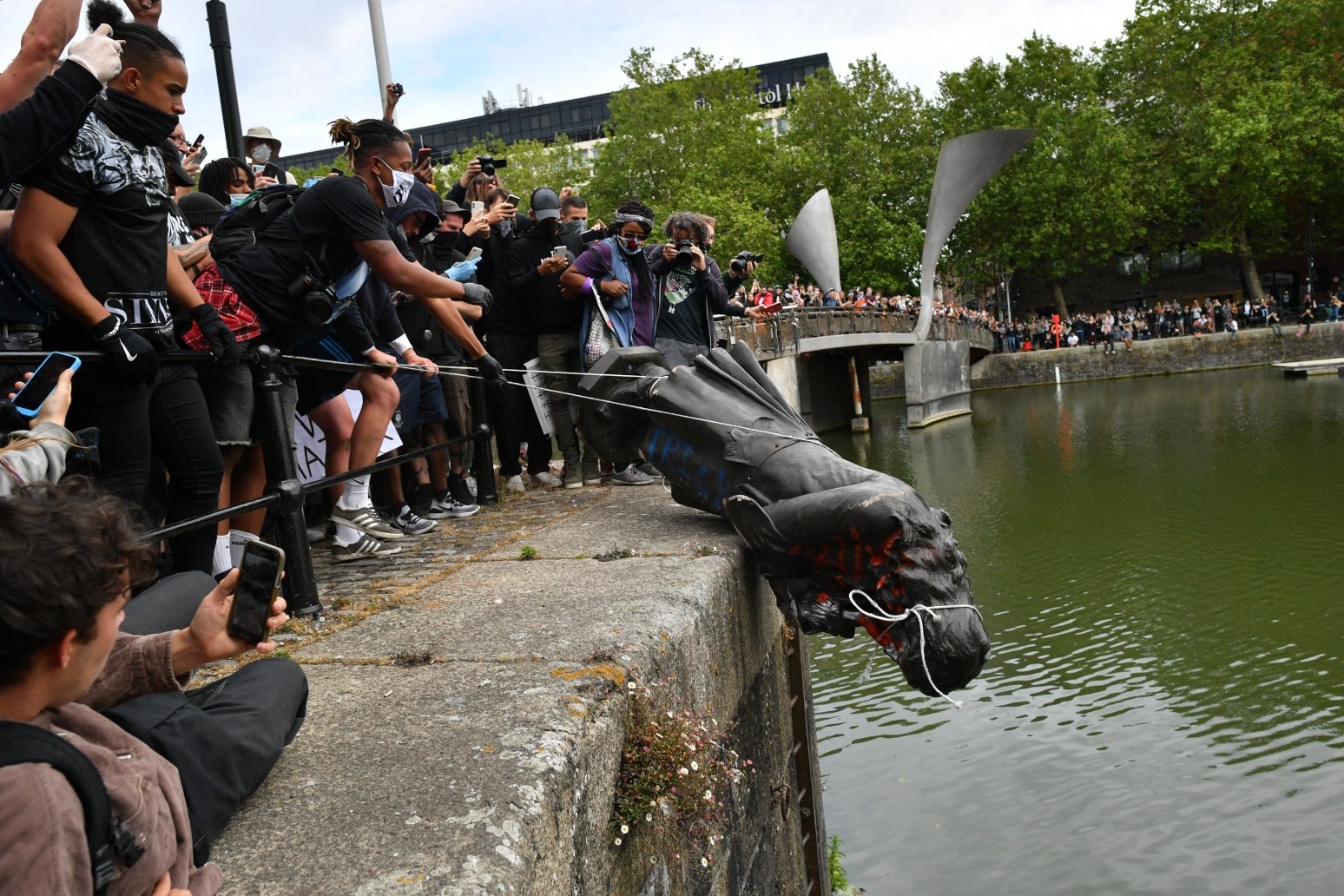
The deposed statue of slave trader Edward Colston should be put on display in a museum in its current state, an independent commission has recommended.
The We Are Bristol History Commission said the statue should enter the permanent collection of Bristol’s museum service and preserved in its current condition.
It said it should be exhibited and the history of Colston should be presented in a “nuanced, contextualised and engaging way”.
The commission also said the plinth in Bristol should remain and a new plaque installed to explain the history of Colston and how the memorial was toppled during a Black Lives Matter protest in June 2020.
After being damaged and daubed with graffiti, it was rolled into the nearby harbour by protesters.
Days later it was recovered from the water and put on temporary display in the M Shed museum. It is now in storage.
The presence of the Colston statue has divided Bristol for decades, with many people campaigning to have it removed.
In the wake of its toppling, Bristol Mayor Marvin Rees established the commission to consider the next steps.
The commission examined nearly 14,000 responses from a survey conducted into what should happen to the statue and the plinth.
Professor Tim Cole, chair of the commission, said: “Starting out on this process of consultation, I was unsure how united or divided the city would be.
“Reading through the thoughtful comments that people wrote, it is clear that not only are the events of June 2020 and what we do now something that many care about, but there is also considerable shared thinking and feeling in the city.”
The commission is also recommending the city thinks “creatively” about the plinth and that temporary artworks are commissioned.
They said that more “active engagement” was needed – both locally and nationally – to create more representative public space.
“The history of the city’s involvement with the transatlantic enslavement of African people is not an issue that can or should be consigned to the past, but rather remains embedded in present-day concerns,” they wrote.
“Strong feelings remain on the topic, and the toppling of the Colston statue has opened the opportunity for this history to be addressed urgently, appropriately and sensitively.”
Last month four people – Rhian Graham, 30, Milo Ponsford, 26, Sage Willoughby, 22, and Jake Skuse, 33 – were found not guilty of criminal damage having been accused of toppling the statue.
Their acquittals caused controversy with some suggesting they had taken the law into their own hands.
The survey found the majority of respondents wanted to see the Colston statue on display in a Bristol museum.
They also support adding a plaque in the vicinity of the plinth to reflect the events of the day it was toppled.
But opinion was mixed on what to do with the plinth – the most popular option was to use the space for temporary artworks or sculptures.
Respondents from Bristol were mostly positive about the statue coming down, although this feeling was not universal. And age is the strongest determinant of how people felt about the toppling.
Dr Joanna Burch-Brown, commission co-chair, said: “Many older people have been feeling there should be more respect for law and tradition, and that the pace of change is too quick.
“Many younger people feel there is a need for change, and for more equality. There are positive intentions behind both views.”
Former Lord Mayor of Bristol Cleo Lake, who long campaigned to have the Colston statue removed, called for a dedicated space in the city to tell the story of the transatlantic slave trade.
“This report has shown a wide range of Bristolians believe that the best place for the statue is in a museum,” the former Green Party councillor said.
“Many elements of the report are good, but it could have included more context around Colston’s involvement in the Transatlantic Traffic of Enslaved Afrikans, as it is an opportunity to educate and inform people.
“We need a dedicated space in Bristol to tell the full history, that is accessible for as many people as possible, and empowers people of Afrikan descent.
“The recommendations from the Project Truth report and the reparations motion passed by the city council last year, must also be prioritised and honoured.”
The report will now be considered by the mayor and the recommendations will need approving at the cabinet meeting in April.
Published: by Radio NewsHub

